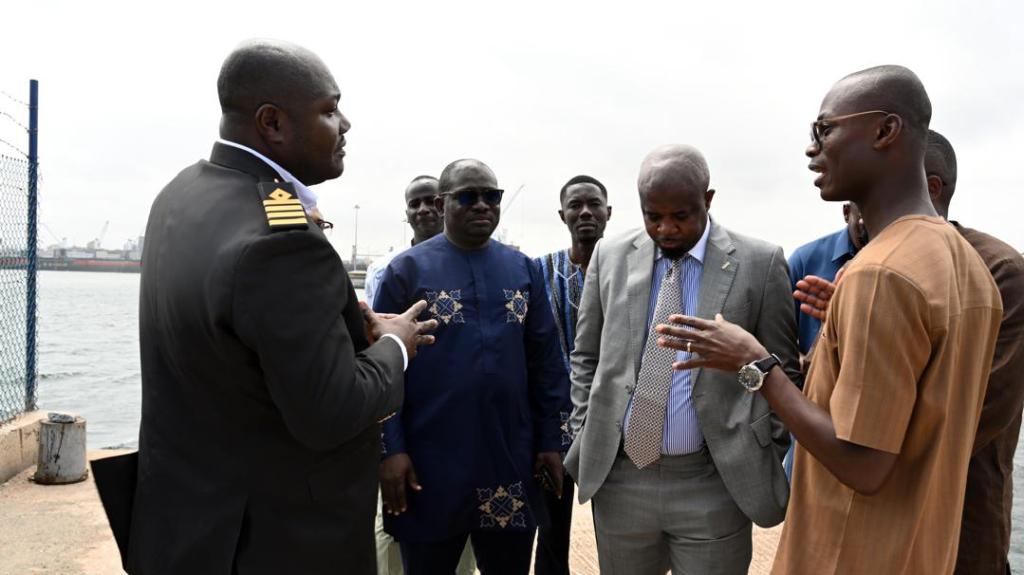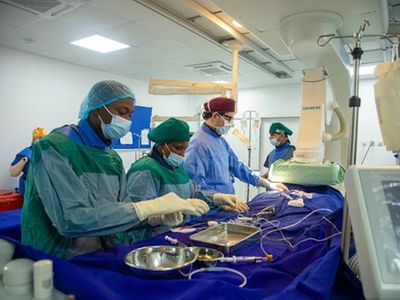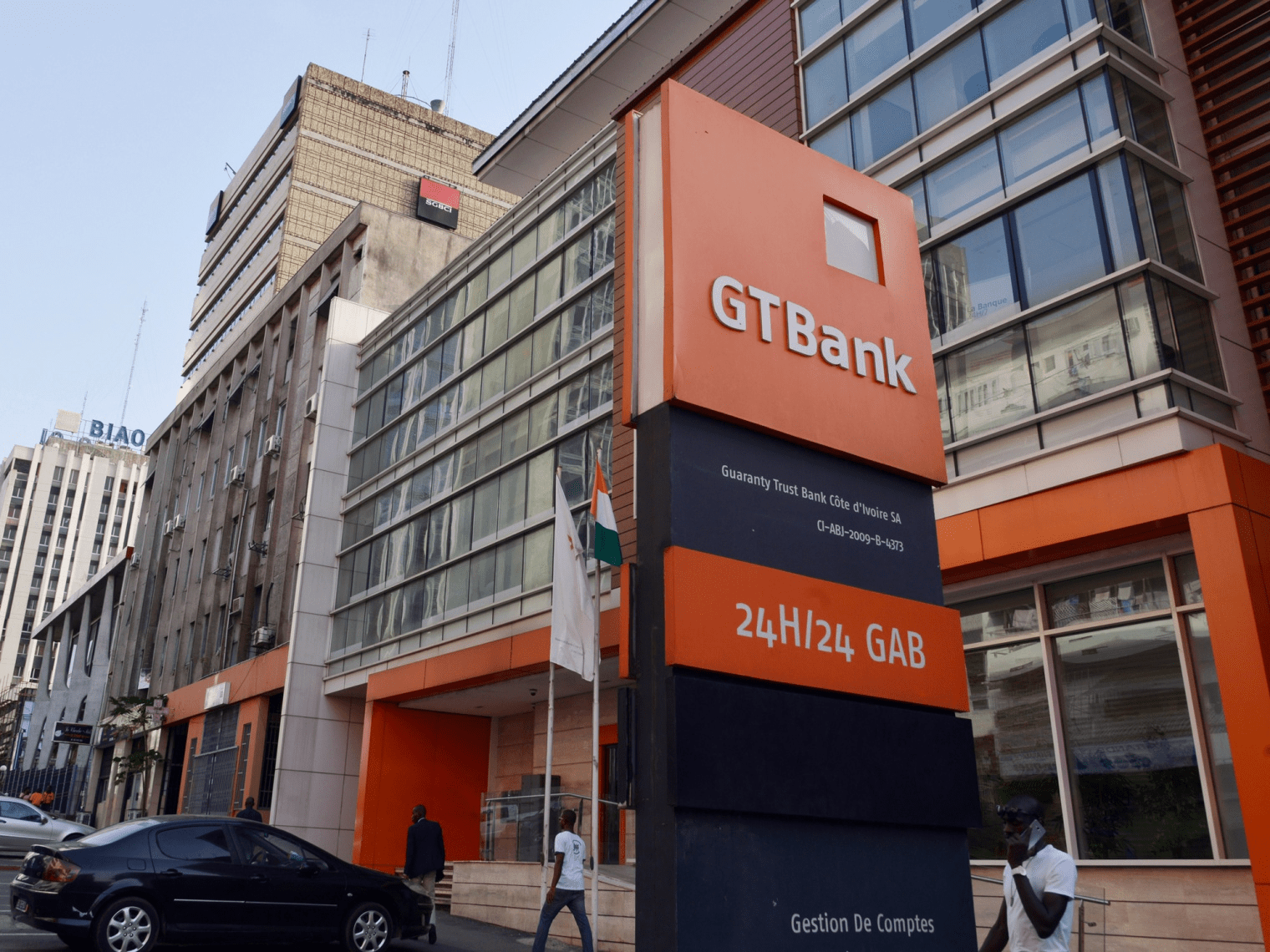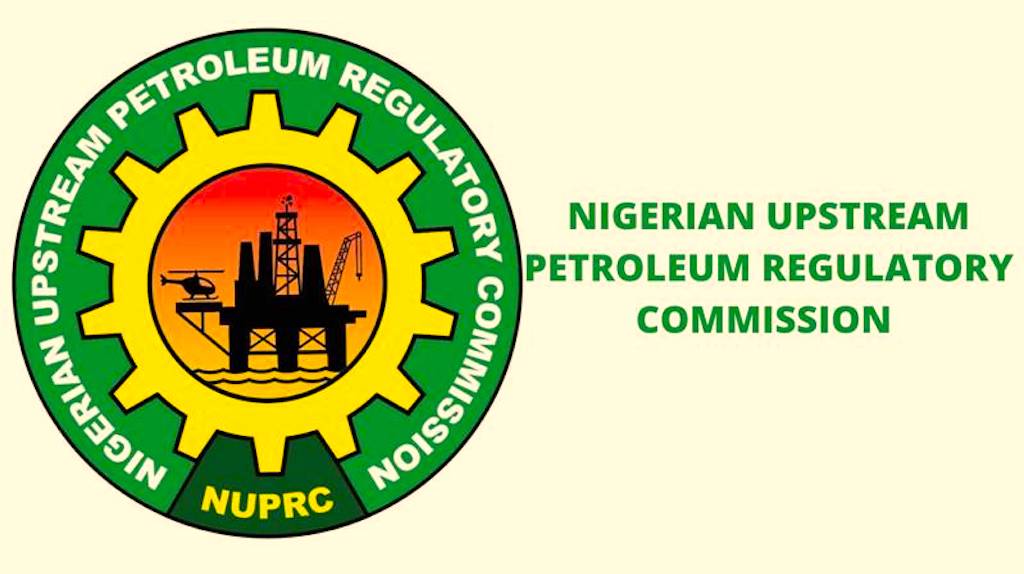
The Ghana Ports and Harbours Authority (GPHA) received a high-level delegation from the National Petroleum Authority (NPA) at the Port of Tema yesterday, 21 August 2025, as part of efforts to operationalise Ghana’s 24-hour economy policy.
The delegation, led by NPA Chief Executive, Godwin Edudzi Tamaklo, and accompanied by the Authority’s Director for Economic Regulation and Planning, Abass Tasunti, inspected facilities at the oil jetty to assess its readiness for night-time operations.
According to the NPA, the move aims to ensure round-the-clock berthing and discharge of petroleum vessels, thereby enhancing efficiency in the downstream petroleum industry.
Welcoming the delegation, the Director of Port–Tema, Tebon Zumah, described the initiative as timely, noting that it aligns with the government’s broader national agenda for economic transformation.

As part of the preparations, the NPA and GPHA are collaborating to enhance the lighting infrastructure at the oil jetty, ensuring safe berthing and discharge of vessels at night.
All outstanding works are expected to be completed by September 2025, paving the way for full 24/7 operations at the oil jetty. This milestone is anticipated to strengthen Ghana’s petroleum logistics chain and support economic growth.
It came just a day after the Chairman of the Tanker Drivers’ Union, George Nyaunu, had highlighted the poor state of roads leading to depot sites, which he said was damaging vehicles and impeding operations.
He appealed to the Minister of Roads and Highways to prioritise the rehabilitation of depot roads to facilitate the transportation of petroleum products to aid the implementation of the 24-Hour Economy initiative within Ghana’s downstream petroleum industry.

This came to light when the National Petroleum Authority (NPA)’s Steering Committee held its first meeting to develop a strategic roadmap for both the short and long term for the initiative.
The committee, established by President John Dramani Mahama through the Ministry of Energy and Green Transition and the 24-Hour Secretariat, has been mandated to design regulatory frameworks, strategies and timelines to operationalise the 24-Hour Economy across the downstream petroleum value chain.
Addressing the meeting, the Chief Executive of the NPA, Godwin Kudzo Tameklo, underscored the significance of the initiative, stressing that it is a key government policy priority which the President is determined to see realised.
Mr Tameklo said the downstream petroleum sector was uniquely positioned to lead this transformation.

“We are ready to ensure that the 24-Hour Economy in the downstream petroleum sector aligns with national development plans and energy security,” he stated.
He added that the President was particularly keen for the downstream petroleum industry to pioneer the initiative, serving as a model for other sectors. He further called for effective collaboration with the security services to ensure successful implementation.
A representative of the 24-Hour Economy Secretariat at the Presidency, Roland Azuvgu, confirmed that the programme had already begun rolling out, stressing the need for fuel retail outlets to activate their participation in order to support other sectors that have commenced implementation.
Stakeholders at the meeting pledged their support to the initiative, including assessing funding requirements and mobilising resources through Public-Private Partnerships, as part of the committee’s Terms of Reference.

The committee, working in consultation with the 24-Hour Secretariat at the Office of the President, is tasked with providing high-level policy and strategic guidance for the initiative, as well as overseeing subcommittees to implement timelines and roll out strategies. It is also expected to help resolve institutional and jurisdictional bottlenecks that may arise during the implementation process.
The Steering Committee is chaired by Mr Tameklo, with support from his deputies, Dr Dramani Bukari and Dr Sheila Addo, as well as the directors of the Authority. Other members include the Managing Director of BOST, Afetsi Awonoor; Chief Executive of CBOD, Dr Patrick Ofori; Chief Executive of the Chamber of Oil Marketing Companies (COMAC), Dr Riverson Oppong; Roland Azuvgu of the 24-Hour Secretariat; and Chief Superintendent Benjamin Aniah of the Ghana Police Service, alongside other key stakeholders.

The committee will operate through three subcommittees: Infrastructure and Technology, Regulatory, Policy, and Compliance, and Stakeholder Engagement and Public Awareness.
The NPA reiterated its commitment to working collaboratively with industry stakeholders to ensure the successful rollout of the 24-Hour Economy within the downstream sector, driving national development and ensuring energy accessibility around the clock.
The post NPA And GPHA prepare Tema Port For 24-hour petroleum operations appeared first on The Herald ghana.



